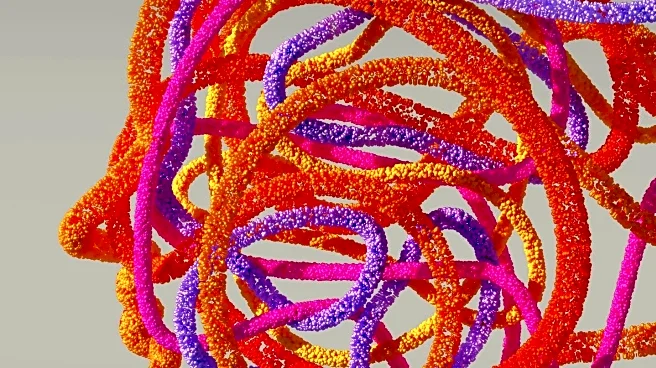What's Happening?
Research has identified a mechanism by which Caspase-8 expression and its Src-dependent phosphorylation on Tyrosine 380 activate NRF2 signaling in glioblastoma. The study found that silencing Caspase-8 leads to a significant downregulation of NRF2 expression and activity, impacting cellular metabolism and autophagy. Caspase-8 promotes NRF2 nuclear localization and transcriptional activity, influencing pathways related to metabolism, autophagy, and cell cycle regulation. The findings suggest that Caspase-8 plays a crucial role in sustaining mTORC1 activity and inhibiting autophagy, contributing to glioblastoma progression.
Why It's Important?
Understanding the role of Caspase-8 in glioblastoma provides insights into potential therapeutic targets for treating this aggressive cancer. The study highlights the interplay between Caspase-8 and NRF2, suggesting that modulating these pathways could impact cancer cell survival and proliferation. This research could lead to the development of targeted therapies that disrupt these signaling pathways, offering new treatment options for glioblastoma patients.
What's Next?
Further research is needed to explore the therapeutic potential of targeting Caspase-8 and NRF2 signaling in glioblastoma. Clinical trials could investigate the efficacy of drugs that modulate these pathways, potentially improving patient outcomes. The study also opens avenues for exploring similar mechanisms in other cancer types.
Beyond the Headlines
The research underscores the complexity of cancer signaling pathways and the need for personalized medicine approaches. It highlights the importance of understanding the molecular mechanisms underlying cancer progression to develop effective treatments.










